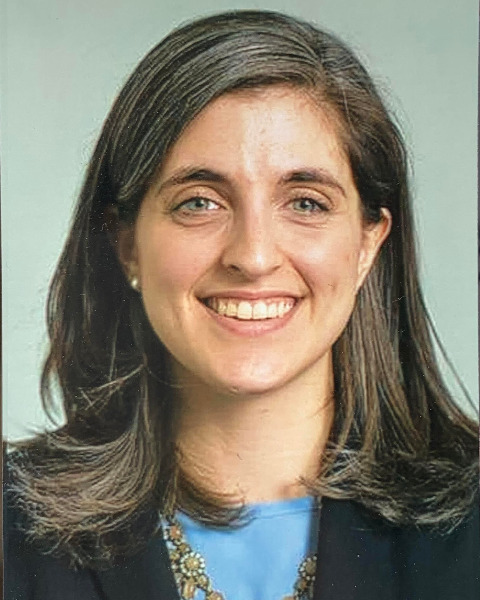Medical Education: Resident
Medical Education 15: Resident 6
507 - Establishing an Ultrasound Curriculum for Pediatric Residents: "Gel Rounds"
Publication Number: 507.423

Gina Pizzitola, MD
Pediatric Emergency Medicine Fellow
Northwell Health, Cohen Children's Medical Center
Glen Oaks, New York, United States
Presenting Author(s)
Background:
Point of Care Ultrasound (POCUS) is an imaging study performed and interpreted by a provider. It provides quick answers to clinical questions without ionizing radiation. In 2015, the AAP released guidelines highlighting advantages of POCUS studies, yet its adoption in pediatrics has not been widespread and has not been universally emphasized in pediatric residency programs. At our institution, no such curriculum existed prior to this project.
Objective:
Implement a formal POCUS curriculum for pediatric trainees.
Expose interns to basics of image acquisition in POCUS
Teach lung POCUS to pediatric interns
Design/Methods:
Three sessions were planned per residency block during a mandatory residency rotation. Session #1 was a small-group interactive lecture introducing POCUS basics and lung POCUS. The second and third sessions were hands-on scan sessions, followed by a review of pathology. During scan sessions, a POCUS credentialed attending taught interns as they scanned a human model. To encourage learner-centeredness, a script for faculty was created to standardize initial cognitive scaffolding. The script provided verbiage for increasing guidance as needed based on learners’ performance.
Residents were given a pre-survey during orientation assessing their exposure to and comfort with ultrasound. A post-survey was given after each scan session with questions that matched the pre-survey. Within the surveys, 25 questions pertained to 4 topics: Performance, Interpretation, Normal Lung, and Abnormal Lung. Interns rated their comfort with different POCUS elements via sliding scale. Based on their ratings, a score was calculated for each participant comparing individual paired pre and post survey questions. A composite score was also calculated to compare topic categories for each resident on pre and post surveys.
Results:
35 interns completed pre-surveys and 21 completed at least one post-survey. Of the 21, 29% reported formal exposure to ultrasound in medical school and 48% reported thinking POCUS could benefit a patient but felt uncomfortable with the modality. Except for 1 question under “Abnormal,” a statistically significant increase from pre to post surveys was observed in all questions, Total scores and Topic scores.
Conclusion(s): Our analysis suggests Gel Rounds provided a significant benefit in interns’ comfort with POCUS basics and lung POCUS. In the future, we would like to evaluate progress and retention of skills over the course of the year as well as over the course of residency. We also hope to expand this curriculum to include other POCUS scans.
